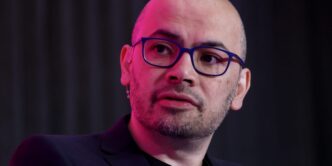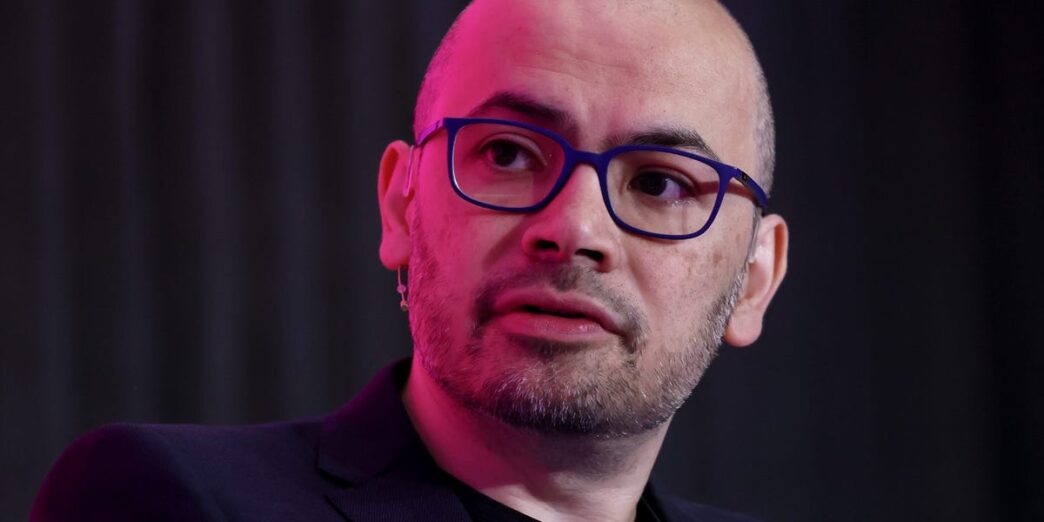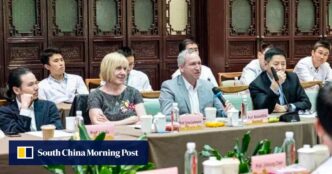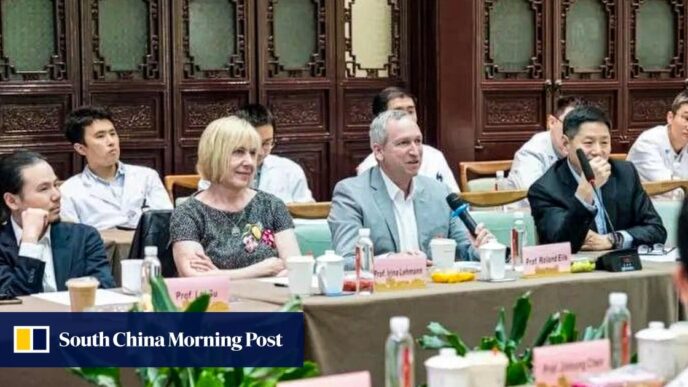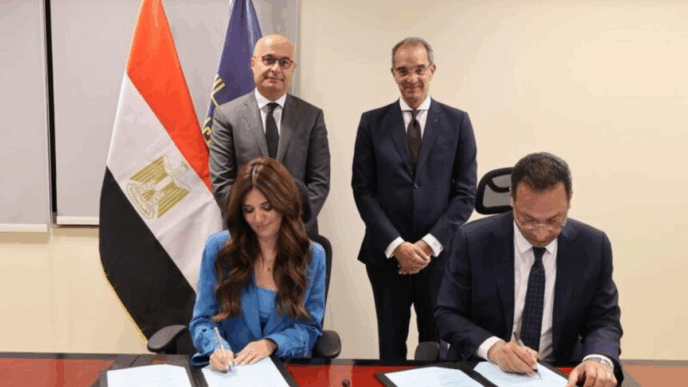Google has pushed Demis Hassabis, DeepMind’s founder, to the top of its AI game. After years of trying to keep DeepMind independent, Hassabis is now running Google DeepMind — a merged AI powerhouse created in 2023 to catch up with OpenAI.
Hassabis manages over 6,000 AI staff and just snagged the core team from AI coding startup Windsurf, blocking OpenAI from expanding. Insiders say he’s on the path to potentially lead Google itself, though he may not want the CEO role.
The merger forced Hassabis to navigate internal Google politics and unify teams that once competed fiercely — including shifting DeepMind’s unique codebase to align with Google’s systems. Google recently dropped its 2018 ban on military AI use, with Hassabis defending the change.
"His rise reminds me of Sundar’s," said a longtime Google employee, referencing CEO Sundar Pichai.
"Now, all of a sudden, he’s responsible for what is probably the most important team at Google right now."
Hassabis’ historic stance favored AI as an open academic pursuit with strict ethical controls. But pressures to build commercial AI products have changed that. Google now limits some AI research from publishing to keep innovations in-house as rivals heat up.
Hassabis, a chess prodigy turned AI pioneer, won the 2024 Nobel Prize in Chemistry for DeepMind’s AlphaFold protein folding work. He also earned a knighthood the same year. While he pushes cutting-edge AI at Google, he warns the world is unprepared for artificial general intelligence (AGI), predicted around 2030.
"What’s going to happen in the next five, 10-year timescale is going to be monumental," Hassabis said at Davos in January.
"But I do think we should be thinking very carefully about these next steps."
DeepMind’s independence push faded after 2021 talks failed. Hassabis framed the merger as a win for access to Google’s vast computing power, necessary to compete in the global AI race — especially against China.
"To be one of the people at the table to stop other people from doing bad, you also need to be at the forefront," a former employee said.
Now Hassabis is balancing AI research ambitions with the realities of Google’s business and political landscape. Some say he leads because Google needs him, but he’d rather focus on curing disease than running a sprawling tech empire.
Hassabis sealed Google DeepMind’s fate. He’s steering the AI ship as research, politics, and corporate stakes collide at the company’s most crucial moment.
